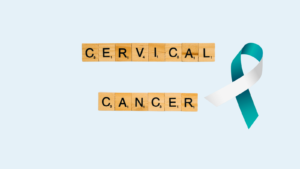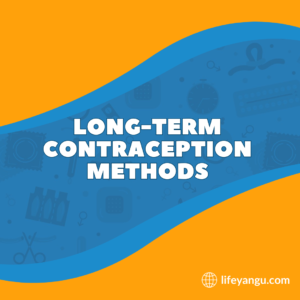Juu Life Ni
Kujipanga
Our lives are in our hands. We’ve got to be responsible for our sexual and reproductive health

Choices are everyone’s life journey. Question is, which choices will you make?
Contraception – Choice ni yako!
Contraception is the intentional prevention of pregnancy through the use of various devices, sexual practices, hormones, or surgical procedures. Make an informed choice!

What is sexual and reproductive health?
The exercise of control over one’s sexual and reproductive health linked to human rights and includes the right to:
- Reproductive health as a component of overall health, throughout the life cycle, for both men and women;
- Reproductive decision-making, including voluntary choice in marriage, family formation and determination of the number, timing and spacing of one’s children and the right to have access to the information and means needed to exercise voluntary choice;
- Equality and equity for men and women, to enable individuals to make free and informed choices in all spheres of life, free from discrimination based on gender; and
- Sexual and reproductive security, including freedom from sexual violence and coercion, and the right to privacy.
Youth Friendly Health Facility IKO Karibu
Get information, advice and treatment from health centres near you for an informed choice.
Remember:
- Services are free and affordable
- Healthcare workers are professionals and friendly
- It’s a youth friendly zone
Tembelea hosi/kituo cha afya kilicho karibu na home.
Real Voices, Real Impact
Anonymous
Anonymous
Anonymous
Embracing contraception has been one of the most empowering choices in my life. It has given me the freedom to plan my future, focus on my education, and build a career without the fear of unintended pregnancies. Beyond individual benefits, it has contributed to healthier families, as my partner and I can make informed decisions about when and how to grow our family.

Anonymous
As a teenager, learning about and having access to contraception has been life-changing. It has allowed me to make informed decisions about my health and future. Knowing I can protect myself from unintended pregnancies and sexually transmitted infections gives me peace of mind and the confidence to focus on my studies, hobbies, and personal growth.

Anonymous
Medical Assistant
Using contraception has been incredibly positive for me. It's allowed me to take control of my reproductive health and plan my family on my own terms. This has reduced a lot of stress and anxiety, and I feel much more empowered in my life. It's also allowed me to focus on my education and career goals without the added pressure of unplanned pregnancy. I'm so grateful for the availability of safe and effective contraception.

Anonymous
Nursing Assistant

























